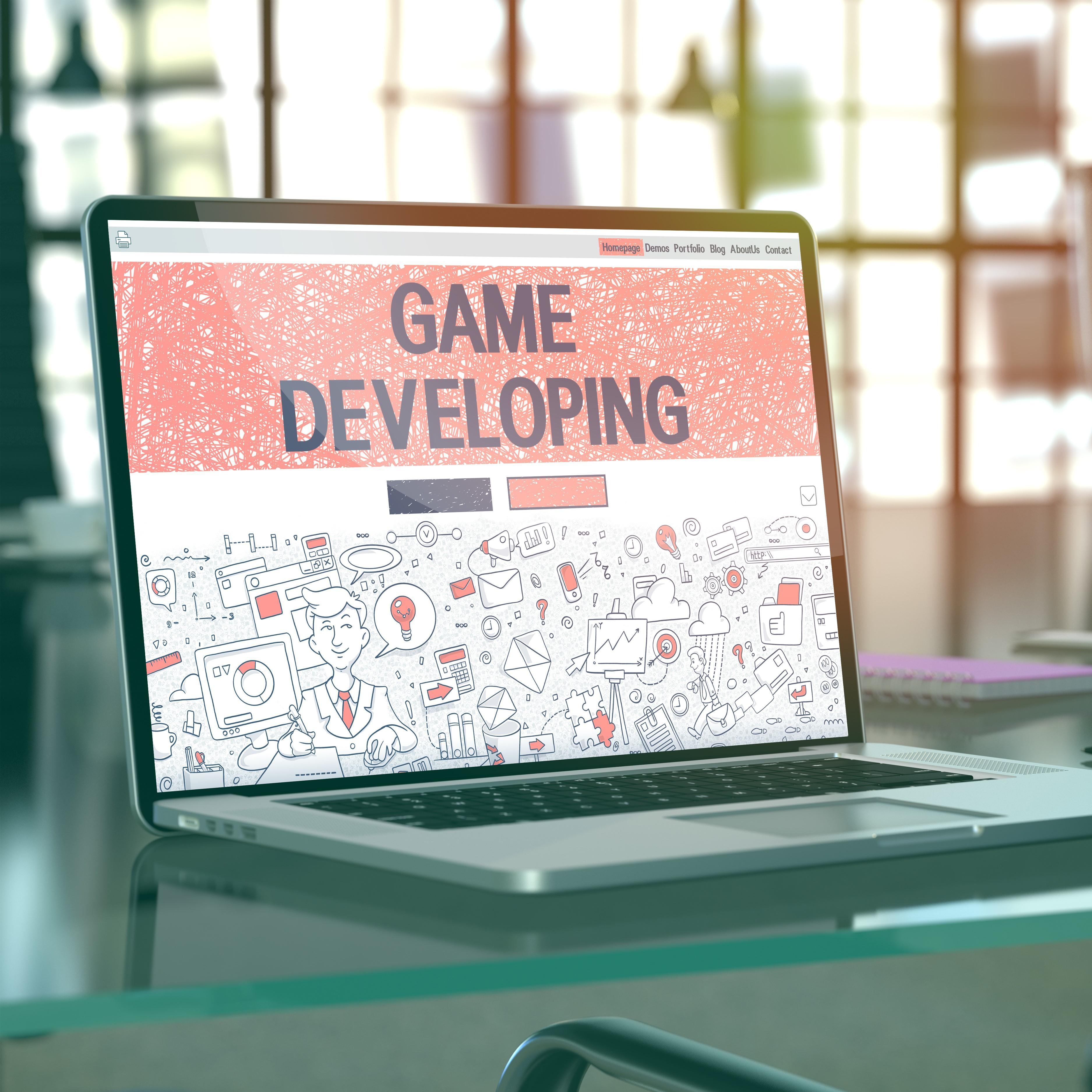This course is no longer offered through FITech. There is an updated version of this course available, please see Game development project.
Are you interested in understanding how the games industry works, and how game development differs from software development?
This course offers an insight into game development, game design principles and the most common games-related technologies, including aspects such as gamification, serious games and gameful design.
During this course, we dive into games industry-specific areas such as game design, game engines, usability, user experience and games from the viewpoint of business. Additionally, concepts which affect the software design, such as gamification or playful design, or games with additional purposes, serious games, are examined and explained. Please observe that this course expects the student to be a proficient programmer with at least one object-oriented programming language, and that the course requires the students to be able to familiarize themselves with new tools and technologies independently.
Course contents
Applied software engineering course.
The objective for this course is for students to learn how to use their software engineering knowledge in an entertainment software engineering context. With the selected game development tools, the student is capable to independently design and develop a small game program on some modern game engine platform, or work as a part of a team developing a larger game product.
- Games as software products
- Basics of processes and models applied in the entertainment software industry
- Basics of the game development tools
- Introduction to game engines and their functions
- Basics of 3D objects
- Introduction to game development-related programming problem
- Basics of artificial intelligence in entertainment software engineering context
- Basics of sound engineering
- Gamification and Serious games
Learning outcomes
At the end of the course the student will be able to
- conduct independent work in entertainment software engineering context.
- independently design and implement a small-scale game program with some industry-relevant platform.
- acquiring further knowledge concerning the taught game development tool.
- working as a productive member and as part of a team developing larger entertainment software product.
Course material
Materials given at the lectures.
Prerequisites
This is an advanced programming heavy software engineering course, so to participate this course you must have
- a Bachelor’s thesis or degree completed
- solid programming skills on some modern programming language (C++, Java, Python etc.)
- at least 12+ study credits on software engineering, software testing, or similar topics
Teaching schedule
The primary mode of work is assisted self-study. Lectures 8 h, independent work and project assignments 148 h. Total 156 h.
The course can be completed as a self-study course between 1.6. and 31.7.2021. More detailed instructions on the schedule will be available in Moodle.
Completion methods
Continuous evaluation, no exam. Project proposal and presentation 20%; individual project assignments (x2) 60%; peer review work on other project assignments 20%.
More information in the LUT University study guide.
You can get a digital badge after completing this course.
